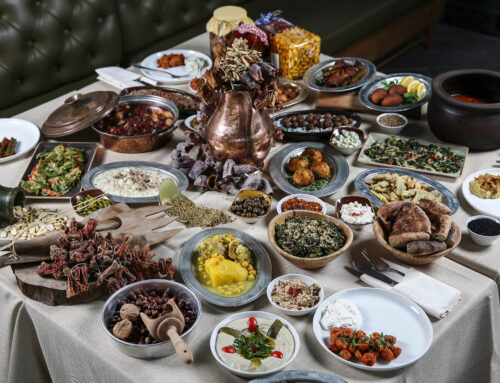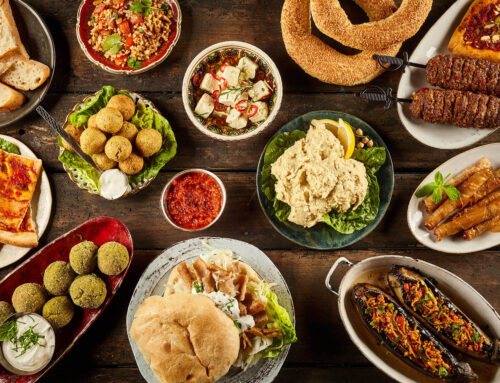The Historical Influence of Ancient Greece in Greek Cuisine
Greek cuisine, known for its diverse flavors and fresh ingredients, has its roots in the culinary traditions of Ancient Greece. This historical influence has shaped the way Greek food is prepared and enjoyed today. In this comprehensive guide, we explore the intricate connection between Ancient Greece and contemporary Greek cuisine, examining the culinary innovations and practices that have persisted over time. Designed for culinary arts students, chefs, researchers, and the general public, this guide offers a deep understanding of Greek gastronomy and its enduring connection to ancient traditions.
Agricultural Developments
Ancient Greece was an agrarian society, with a significant portion of the population engaged in farming. The Greeks cultivated a variety of crops, such as wheat, barley, olives, grapes, and legumes, which became staples in their diet. These ingredients continue to feature prominently in modern Greek cuisine. The ancient Greeks also practiced crop rotation and irrigation, techniques that have influenced contemporary agricultural practices.
Culinary Techniques and Ingredients
The culinary techniques of Ancient Greece have had a lasting impact on Greek cuisine. Cooking methods such as grilling, boiling, and frying were common, and these techniques remain popular today. In addition, the use of olive oil as a primary fat source has endured, as has the penchant for seasoning food with herbs, garlic, and onions. Ingredients such as feta cheese, yogurt, and honey also trace their origins to Ancient Greece.
Dining Culture and Traditions
Ancient Greek dining traditions have had a profound influence on contemporary Greek eating habits. The symposium, a social gathering focused on eating, drinking, and conversation, is a precursor to the modern Greek custom of enjoying long, leisurely meals with friends and family. Ancient Greeks valued hospitality, a concept deeply ingrained in modern Greek culture. The importance of sharing food and fostering connections over meals remains a vital aspect of Greek cuisine today.
Influences from Trade and Conquest
Trade and conquest introduced the Ancient Greeks to new ingredients, which they integrated into their cuisine. For example, the Persians introduced rice and a variety of fruits and nuts, while the Romans brought their culinary preferences to Greece, influencing the preparation of dishes. These cultural exchanges have resulted in the diverse and flavorful Greek cuisine we know today.
The historical influence of Ancient Greece on Greek cuisine is undeniable, with age-old culinary techniques, ingredients, and dining customs continuing to shape modern Greek gastronomy. As culinary arts students, chefs, researchers, and food enthusiasts delve into the world of Greek food, understanding this rich historical context is essential to appreciating the depth and complexity of Greek cuisine. By exploring the past, we can better understand and celebrate the vibrant culinary traditions that have persisted over the centuries.


